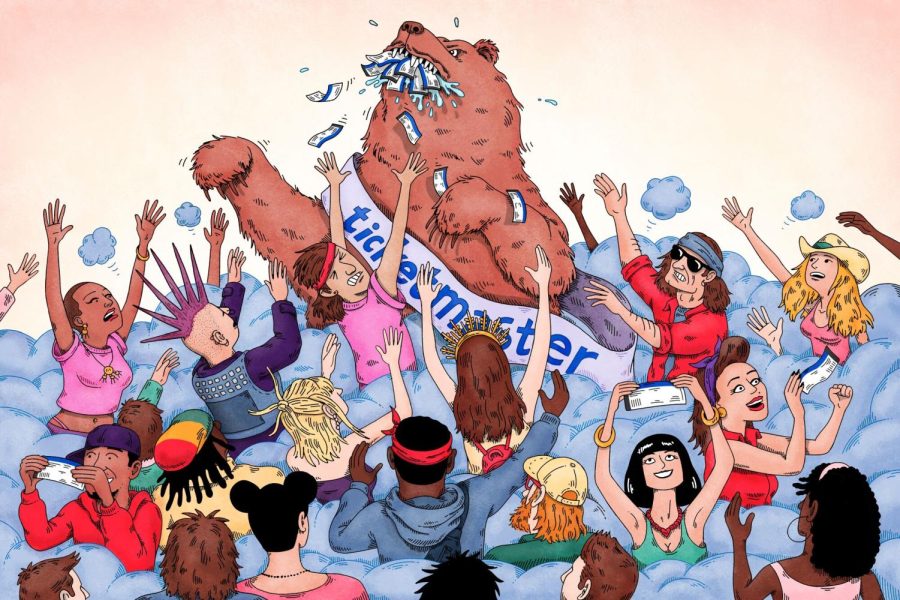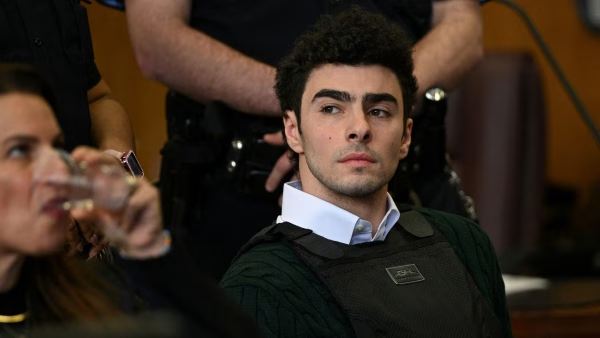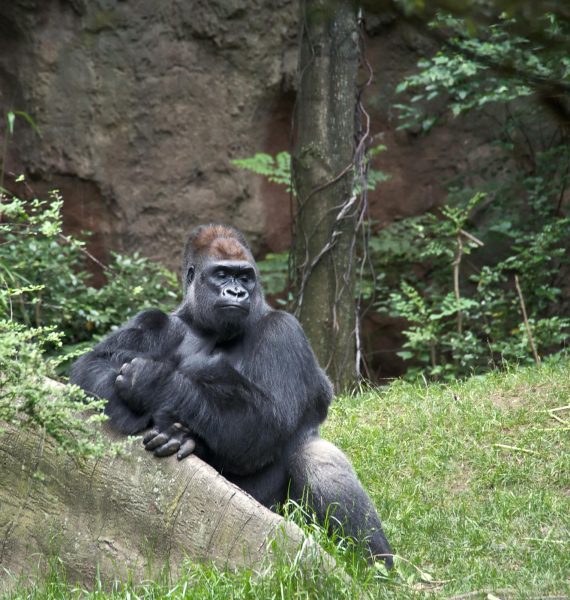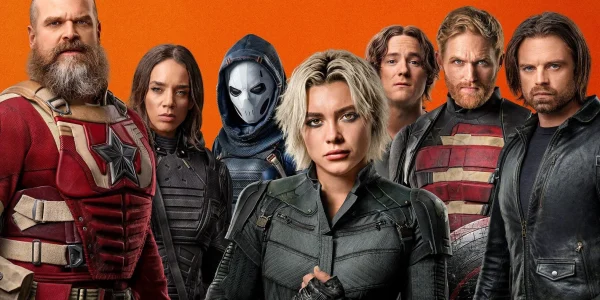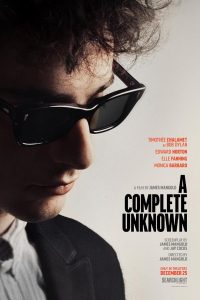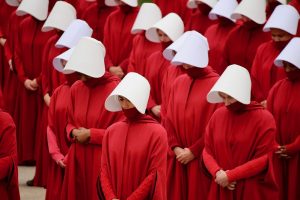Ticketmaster Senate hearing critiques the company’s “monopoly”
February 3, 2023
The Senate Judiciary Committee (SJC) grilled ticket distribution company Ticketmaster on the monopoly it has created in the ticketing business on Jan. 24. Led by Sen. Amy Klobuchar and Sen. Mike Lee, the SJC questioned Joe Berchtold, the President and CFO of LiveNation, on the company’s practices and criticized their merger with Ticketmaster. Senate Judiciary members from both sides took part, making it the first high-profile hearing from the newly elected Senate. Notable witnesses included the CEO of SeatGeek, Jack Groetzinger, singer-songwriter Clyde Lawrence and the Vice President of the American Antitrust Institute (AAI), Kathleen Bradish.
The Ticketmaster controversy began during the presale of Taylor Swift’s highly anticipated “Eras Tour,” in which the website crashed, leaving a majority of customers waiting for hours to see what tickets were available. Presumably, all tickets were sold through Ticketmaster and left none for the general public sale due to high demand.
In a publicly released statement, Ticketmaster said they had “insufficient remaining ticket inventory to meet that demand,” restarting an outrage with Ticketmaster’s operations. Following the ticketing disaster, several Swifties announced their plan to sue the ticketing giant. In another instance, many Olivia Rodrigo fans were left without tickets for her “Sour Tour” despite being part of Ticketmaster’s verified fan sale. Many of the tickets instead went to scalpers, who then resold the tickets for extraordinarily higher prices.
Ticketmaster also implemented a dynamic pricing system that sets a price depending on demand. Most recent tours sold on Ticketmaster use this system, including Swift’s tour, meaning that in addition to all tickets being sold out, the prices for Swift’s tour were extremely high. During the hearing, Sen. John Kennedy mentioned this issue and stated, “If you care about the consumer, cap the price!”
During the hearing, Sen. Klobuchar discussed the additional service fees Ticketmaster puts on top of the base ticket price. Witness Lawrence then mentioned how the fees from Ticketmaster can sometimes be “outlandish.”
“Last spring [there] was an 82 percent fee on top of the base price,” Lawrence said. “Again, we have no say in [it], or we don’t even know what it’s going to be until it goes on sale.” Berchtold claimed that the venues they work with set the fees, which prompted Lawrence to respond with, “[The venues] certainly don’t take responsibility for the fees,” and that the venues also do not know how much fees will be until tickets go on sale. This back-and-forth exchange generated more criticism from the Senate for Ticketmaster’s inability to be transparent.
Cybersecurity was one of the most significant issues brought up during the hearing. During the Swift presale, Ticketmaster claimed that one of the reasons why they could not handle the sale was because of “cyber attacks.” During his testimony, Berchtold said, “We were then hit with three times the amount of bot traffic than we had ever experienced…While the bots failed to penetrate our systems or acquire any tickets, the attack required us to slow down and even pause our sales.” In response to this defense, Sen. Marsha Blackburn criticized the company’s inability to distinguish consumers from bots.
“This is unbelievable, you ought to be able to get some good advice from people and figure this out,” Sen. Blackburn said, suggesting that the company seek advice from the Federal Trade Commission (FTC) on the matter.
In 2010, Ticketmaster and LiveNation merged with approval from the government. During the hearing, Sen. Ted Cruz asked the witnesses, “In your judgment, is Ticketmaster a monopoly?” to which almost all responded with yes. Berchtold replied, “We absolutely believe the ticketing business has never been more competitive.”
In response to this, the President and CEO of Jam Productions, Jerry Mickelson, testified that LiveNation is “choking off competition.” In 1996, his production company produced 100 arena live shows; in 2022, they produced 14 due to LiveNation’s dominance and exclusive deals with venues which actively cut off other companies from competing. As SeatGeek’s CEO Groetzinger pointed out, “Major venues in the United States know that if they move their primary ticketing business from Ticketmaster to a competitor, they risk losing the substantial revenue they earn from Live Nation concerts.”
The Senate Judiciary Committee has said they would be watching how Ticketmaster handles future concerts, such as Beyoncé’s “Renaissance World Tour,” replying to the announcement by tweeting, “We’re watching.”
Ticketmaster stated, “We expect there will be more demand than there are tickets available, and a lottery-style process will determine which registered Verified Fans receive a unique access code and which are put on the waitlist.” Still, many fans are now questioning whether Ticketmaster can handle the ticket demand.

